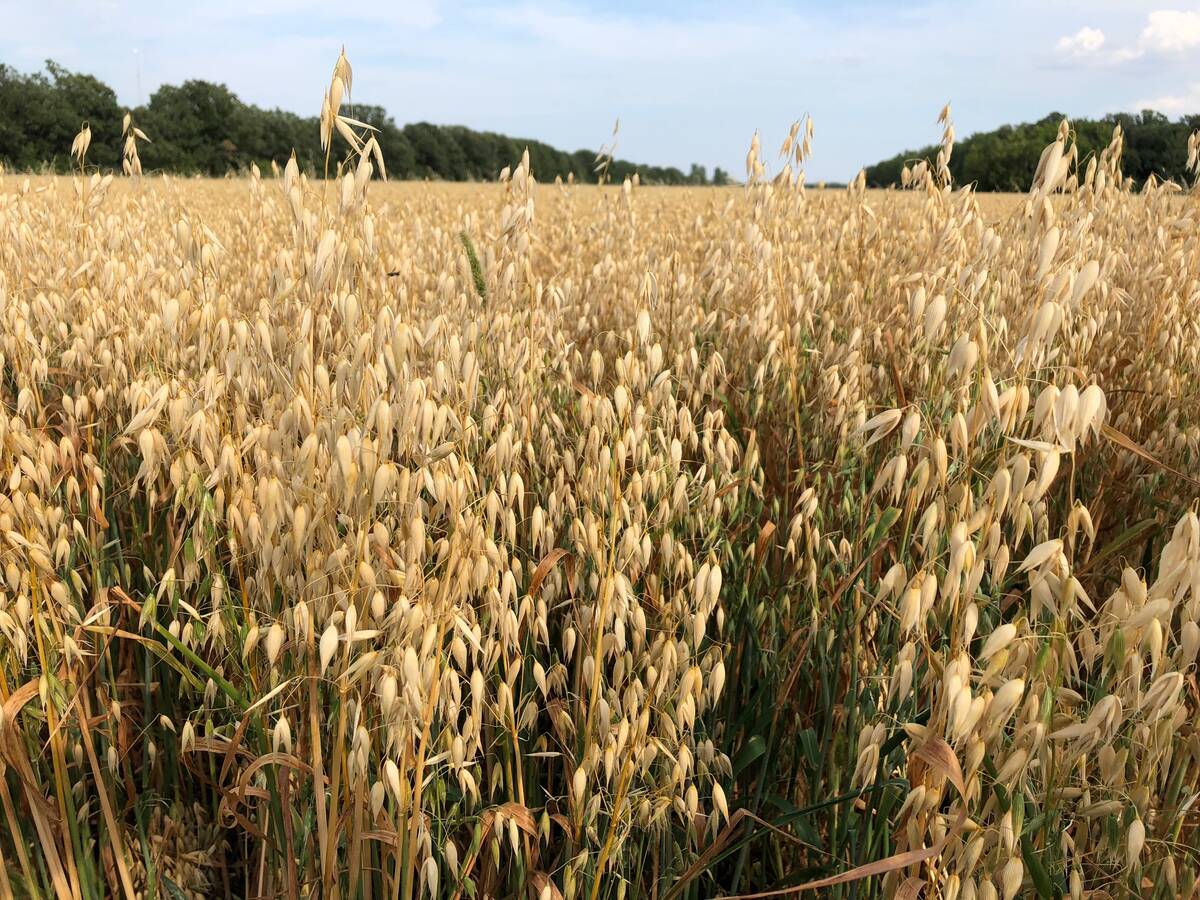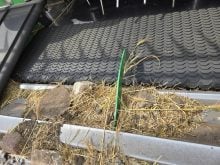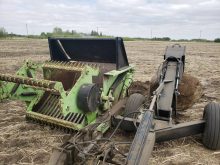The Canadian Grain Commission thinks prairie farmers are hanging onto too much of the past.
And, the commission says, they could start taking big financial hits
if they don’t do a better job of ridding their bins of deregistered
grain.
“We found some (grain varieties delivered to elevators) that were
deregistered 15 to 20 years ago,” said Norm Woodbeck, the commission’s
acting chief inspector.
“There are these things out in the bins that producers have just held onto.”
Read Also

Controversy fails to prevent PGR use in oats
Some Manitoba oat growers are still using chlormequat chloride — the active ingredient in Manipulator —and sometimes to measurable success.
The problem for farmers is that under the commission’s regulations,
any grain from a deregistered variety must be dropped down to feed
quality, regardless of its quality characteristics.
“Lo and behold, it’s either a feed wheat or a five amber durum,” Woodbeck said.
The biggest problem was the large amount of Pelissier durum being
grown, even though it was deregistered more than two years ago.
The problem came to light last year as the Canadian grain system
switched from kernel visual distinguishability to producer declarations
as a way to determine grain varieties. Once farmers began declaring
what varieties they were delivering, the CGC began finding all sorts of
grain ghosts in the machine.
“Producers were forthright when they were delivering,” Woodbeck said.
“They weren’t trying to hide anything.”
Last crop year, the grain commission, Canadian Wheat Board and other
parts of the grain industry managed to find markets for most of the
deregistered grain that was delivered without having to knock it all
down to feed, but Rob Brunel of Keystone Agricultural Producers warns
farmers not to rely on that happening again.
“I wouldn’t expect they’ll be so lenient going forward,” Brunel said.
“After talking about this time and again, they might get tougher.”
The grain commission and the Canadian Food Inspection Agency plan to
widely publicize new deregistrations three years before they take
effect so farmers have plenty of time to clear it from their bins.
However, Woodbeck said farmers should take the initiative to find out what varieties are being taken off the market.
The commission’s website at www.grainscanada.gc.ca will list registered and unregistered varieties.
Woodbeck said many farmers save seed from varieties that grow
particularly well on their farms, so some varieties go on for much
longer than authorities had expected.
As an example, Woodbeck said he spoke to a farmer who had long kept
some of his deceased father’s wheat seed without planting or selling it.
“On a whim, to celebrate his father, he went out and planted a small acreage,” Woodbeck said.
The farmer was surprised when he got to the elevator and found there was a problem with a load of wheat that looked good.















